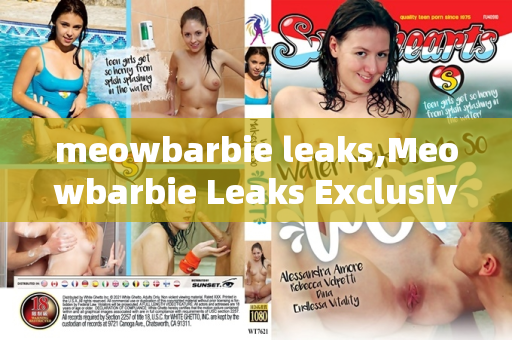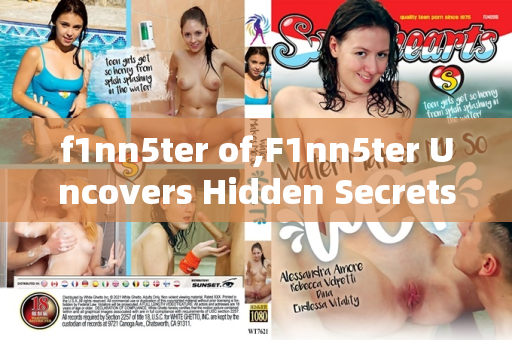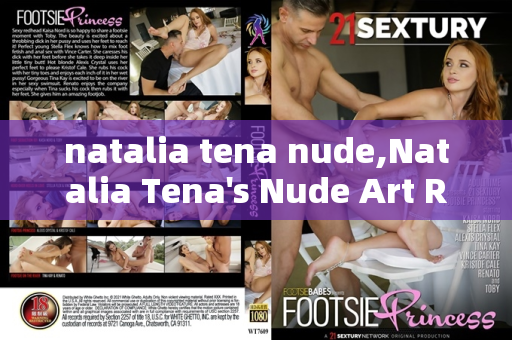
The digital landscape continues to evolve, and with it, the controversies surrounding social media influencers and their private lives. One recent topic that has captured public attention is the Meowbarbie leaks. These leaks have not only stirred discussions among fans but also raised questions about privacy and ethics in the age of social media. Meowbarbie, known for her vibrant online persona and striking visuals, has become a subject of scrutiny, prompting an in-depth examination of the implications of such leaks.
The Meowbarbie leaks revealed a trove of private messages, images, and videos, sparking a wave of reactions from her fanbase and critics alike. Many supporters expressed their dismay over the invasion of her privacy, asserting that no one should have their personal communications exposed without consent. Conversely, some commentators argue that the leaks may have been a result of Meowbarbie's own choices, citing her penchant for sharing intimate details of her life on public platforms. This duality highlights a significant dilemma: where do the boundaries lie between an influencer's public persona and their private life?
As the controversy unfolded, various media outlets and social media platforms weighed in, further complicating the narrative. Speculation about the source of the leaks has been rampant, with theories ranging from hacking to betrayal by a close associate. Regardless of the origins, the incident underscores the growing risks associated with digital fame. Influencers like Meowbarbie often expose themselves to a level of scrutiny that can lead to severe consequences when their personal spaces are breached. The discussions surrounding the leaks serve as a reminder of the potential dark side of social media stardom.
Furthermore, the Meowbarbie leaks highlight larger issues within the influencer culture, including the ethical responsibilities of both content creators and their audiences. Influencers wield significant power over their followers, shaping opinions and trends. However, this power comes with a responsibility to maintain a level of authenticity while safeguarding personal boundaries. Fans, too, must grapple with their role in this dynamic; their fascination with influencers can lead to a concerning sense of entitlement regarding the private lives of these public figures. The balance between admiration and respect for privacy remains a contentious issue.
As Meowbarbie navigates the aftermath of these leaks, the situation exemplifies the complexities of modern celebrity culture. The conversation surrounding the leaks extends beyond Meowbarbie herself, reflecting broader societal values regarding privacy, consent, and the impact of digital footprints. As more influencers rise to fame, the Meowbarbie incident serves as a cautionary tale about the vulnerabilities that accompany public life in a hyper-connected world.
In conclusion, the Meowbarbie leaks have ignited a multifaceted discussion that touches upon privacy, ethics, and the responsibilities of both influencers and their audiences. As society grapples with these issues, it is crucial to foster an environment of respect and understanding, recognizing the inherent humanity behind the carefully curated online personas. The lessons learned from this controversy may very well shape how influencers and fans alike approach the complexities of digital interaction in the future.









